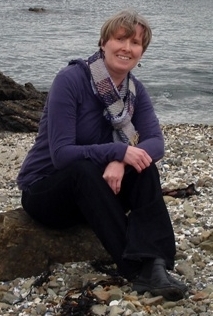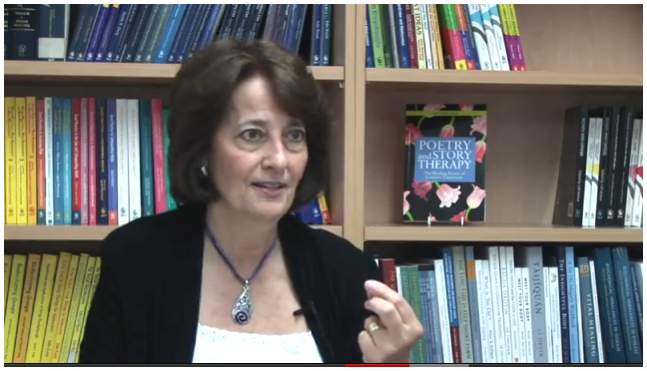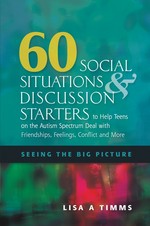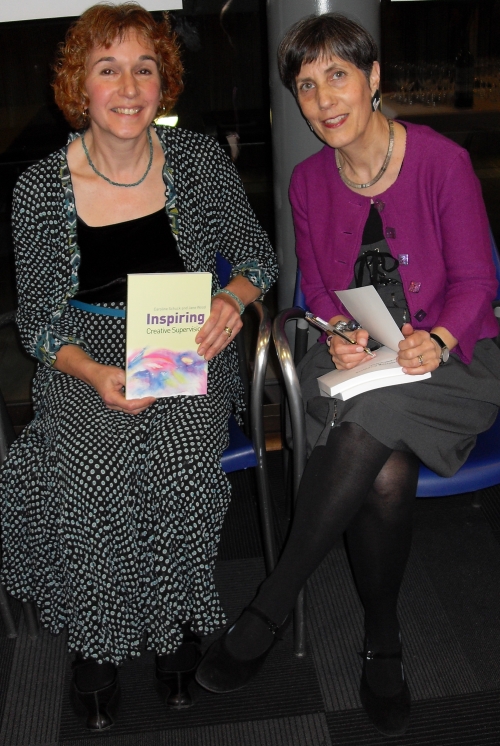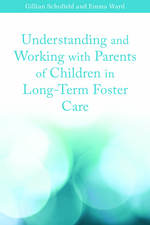Bullyproofing – Four Steps to Build Your Daughter’s Personal Power
“Bully behavior occurs in overt forms, such as hitting, name calling, and teasing as well as through relational aggression – a virulent style of bullying most prevalent among girls, in which relationships are manipulated to settle grudges. This more covert style of rumor spreading and social exclusion is bred by the round-the-clock availability of popular social networking sites… Even when the final school bells rings, many young girls deal with relational aggression 24/7.”

